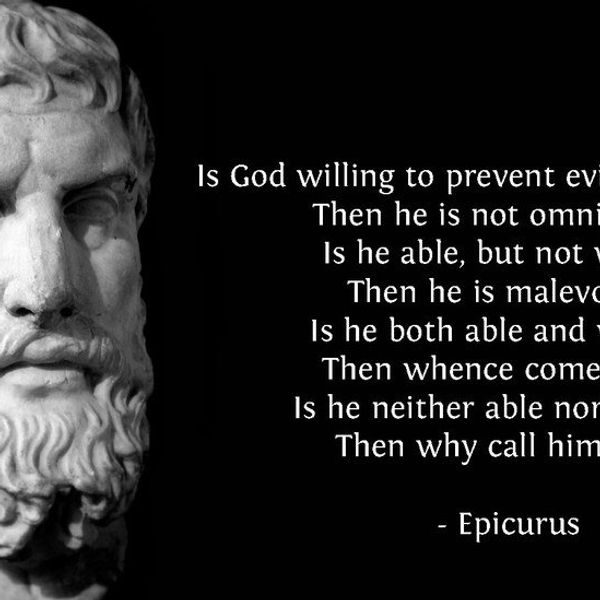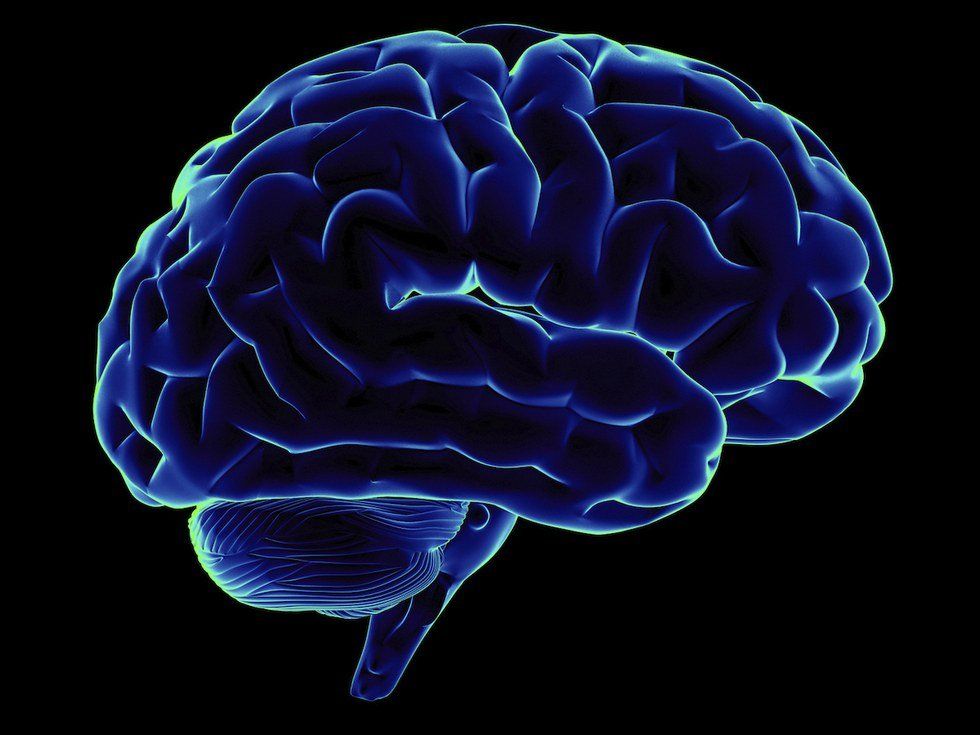Whether or not it’s OK to lie for your own benefit, or to cheat on a test may be disputable around the world. However, things such as stealing, harming and murdering are unacceptable worldwide. It’s not as if all nations came together to discuss whether these actions are right or wrong— people just know. How is it possible that all humans, no matter which religion, race or ethnicity, have a relatively similar set of fundamental moral standards? The answer is God— as a result of His divinity, our hearts are convicted, our minds are equipped with moral intuition, and His existence is justified.
Many who do not practice religion hold the same general belief about how we came into existence. Essentially believing that the human race was a mere accident, it is accepted that the universe sprang into existence from The Big Bang, and that we eventually evolved from other animals and organisms. After years and years of evolving, we got to where we are today. Supposedly, there was no divine intervention involved— only time, science and natural occurrences. However, there are many flaws in this theory. For, it fails to include where morality comes into play. According to the evolutionist theory, our lives would be worthless, meaningless, and inadvertent. It would undermine any purpose that humans have in this universe.
For, if we were just “random acts of science," then our lives simply wouldn't matter; morality would be pointless, in that our lives wouldn't be worth the effort we put in to preserve and enhance them. However, because we were created by God, perfectly crafted by His hands, our lives do matter. Therefore, it is because of God’s existence that morality exists, and He serves as a moral basis in determining what is right from wrong. That being said, “no proponent of the moral argument has ever argued that an individual cannot be moral unless they hold the belief in God.” Rather, the argument is that “if God does not exist, then there can be no basis for objective morality.”
You see, with the evolutionist mindset comes many flaws. Using their logic, since we are theoretically just accidental objects, why would it be wrong to mistreat one another? If I wanted to bully an innocent kid in the school hallway, then why would it be wrong to ridicule a “random act of science”? Why would it be wrong to tell a lie to a “random act of science?” After all, it wouldn't matter if we had no purpose, no reason to be here. Many Atheists would be fed up after witnessing an act such as rape, bullying or the general mistreatment of others— despite the fact that according to their practices, there can’t be such thing as a right or wrong because since they do not believe in God, there can be no basis for morality. Thus, the contradictory nature of a belief that does not involve God is displayed through the hypocritical evolutionist belief. This isn’t something we are taught, but something in which we are naturally equipped with. There is no scientific explanation that thoroughly explains these internalized and uncontrollable sensations that we experience. Thus, the explanation must be something bigger than ourselves, something larger than life and something that we cannot fathom alone. Again, all signs point to God, who is responsible for ingraining moral intuition within individuals. Although we cannot physically see Him nor can we hear audible voices from Him, the evidence presented establishes that a higher power, a God, does indeed exist.




















